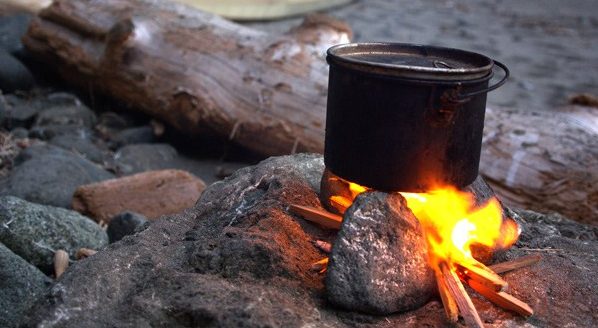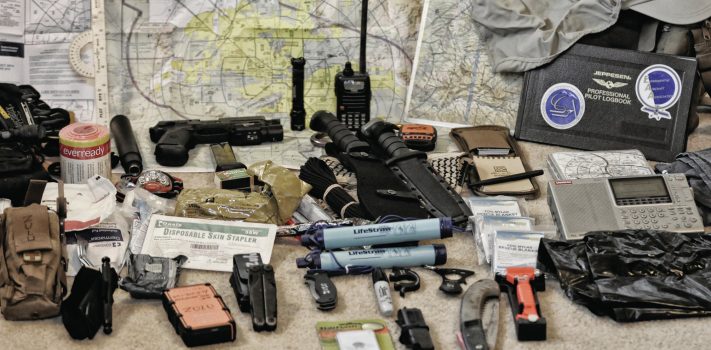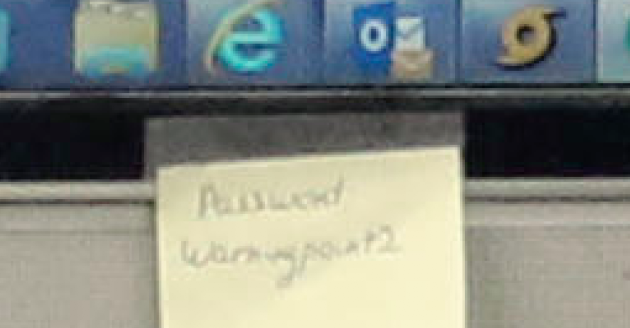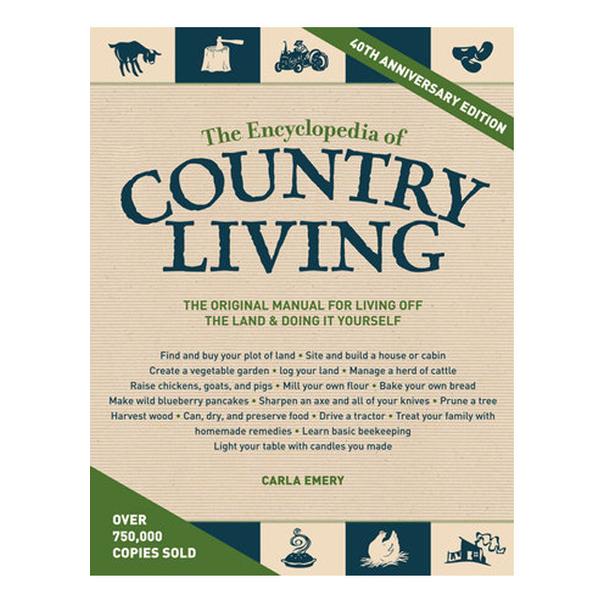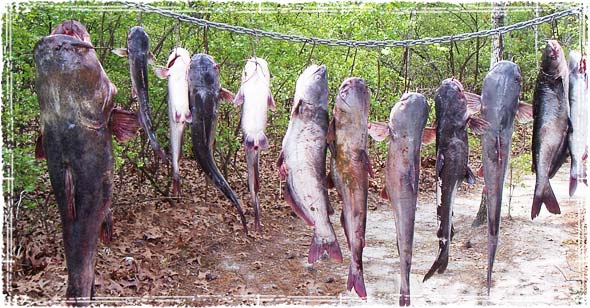January 21st Eliza Moore, the last surviving individual born into slavery before the Emancipation Proclamation died on this day, in 1948, in Montgomery County, Alabama, at age 105. Since 70 years have now elapsed since her death and 153 years have now elapsed since 1865, JWR perhaps presumptuously hereby declares that it is now fully high time for Americans to Get Over It, and instead focus on current slavery issues, like the uncounted thousands of slaves now being held by Muslims in North Africa. There is no cause for so-called White Guilt in our generation, but we should feel badly about doing little or nothing (both individually and collectively) toward seeing modern slavery abolished once and for all!
o o o
I’m sad to report the unexpected passing of Mara Helland, of Alberton, Montana, at age 50. She was a CPA and tax accountant who formerly advertised on SurvivalBlog. Several of her clients are SurvivalBlog readers. Like any well-prepared individual, she had a transition plan in place, so her clients will be handed off to a trusted accounting firm. May God grant comfort to all the members of her family. She was fine lady who greatly enjoyed the scenic beauty and lifestyle of rural northwestern Montana. She will be greatly missed! – JWR






